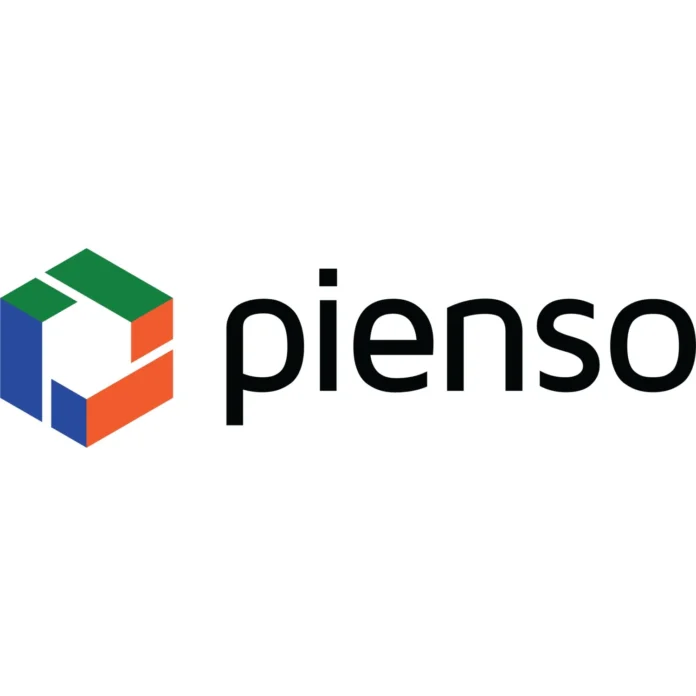In 2016, Pienso was established by Birago Jones along with Karthik Dinakar, who are both alumni of MIT, drawing on their research. They were both graduate students at MIT when they first crossed paths in the Media Lab. These days, artificial intelligence could be all the rage. However, this does not imply that deployment is becoming easier. A survey conducted by S&P Global in 2023 found that about half of the organizations that have an AI project running are in the early stages, like pilot or proof-of-concept. Commonly mentioned issues with data management, security, and computing resources are among the many causes of the slower ramp-ups.
Roughly half of the companies who took part in the S&P study stated they aren’t prepared to use AI just yet and probably won’t be for another five years.
Thankfully, these obstacles to AI implementation are the target of more and more solutions developed by both startups and large IT companies. (A few examples are ML Hub, Kore.ai, and Viso.) Pienso is one of the more recent entries; it is a platform that facilitates model building and deployment without requiring users to write code.

“We teamed up for a class project to build a tool that would help social media platforms moderate and flag bullying content,” Jones, who is also the CEO of Pienso, explained. he said that there was only one issue: The model performed as expected, but because it hadn’t been trained on appropriate data, it failed miserably in its mission to detect inappropriate material featuring teen slang.
After some time, Jones and Dinakar concluded that involving teens as subject-matter experts in the model training process was the best course of action. They constructed tools for this aim, and after a while, Dinakar and Jones joined forces to sell these tools.
Jones defines Pienso as an AI suite designed for “non-technical talent” (i.e., teams of researchers, marketers, and customer care representatives) who have access to massive datasets for AI training but don’t have the manpower or tools to properly organize and evaluate them.
Janes explained that no one model can do everything, even though “So much of the AI conversation has been dominated by … large language models,” The ability to train or fine-tune your model is crucial for scaling AI to its full potential, which involves managing business operations and interacting with consumers. Pienso thinks that everyone with expertise in the relevant field—not only AI engineers—should be capable of doing that.
With Pienso, users can easily label or annotate training data for AI models, whether they use pre-tuned open-source models or create their own. The specific labels needed for AI to learn a task vary in every model, but in general, it’s helpful to have images of birds accompanied by the word “finch.” This platform connects to business systems via application programming interfaces (APIs) and can be set up in the cloud or on-premises. While keeping data safe, it can also function independently of APIs and other third-party services.
According to Jones, Pienso is being used by Sky, a British broadcaster, to analyze customer support calls. Meanwhile, an unidentified US government agency has tried it to uncover illicit weapons tracking.
“Pienso’s flexible, no-code interface allows teams to train models directly using their own company’s data,” according to Jones. This removes the privacy concerns associated with using models, and it’s also more accurate, picking up on the nuances of every single company.
Pienso charges businesses a license fee that is proportional to the amount of AI models utilized each year. The cost of licensing increases as the quantity of models increases.

“We intentionally designed our pricing to allow customers to test out models beforehand to understand how AI can help them without first having to make a sizable investment,” Jones explained. “We wanted to make it easy for customers to try out different models before putting them into production.”
Investors seem to be interested in this company’s strategy. Latimer Ventures spearheaded a $10 million Series A investment round for Pienso, which also included Gideon Capital, SRI, Uncork, and Good Growth Capital.
With a total of $17 million raised, Pienso will be able to expand its sales, marketing, as well as customer success teams, hire more engineers, and develop new platform capabilities, according to Jones.
“We constantly hear about the need to democratize AI, but what makes Pienso stand out is how they’re thinking about the role of a domain expert in this equation,” said Luke Cooper of Latimer Ventures in a statement. He further said that they’re making it easier for people with a deep understanding of their data to draw the most conclusions from it. It’s encouraging a future where experts in the field are creating AI models tailored to specific needs, to solve those challenges more effectively.




